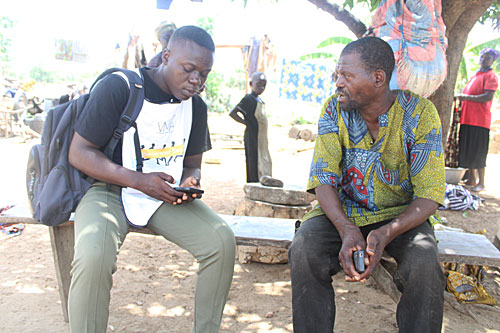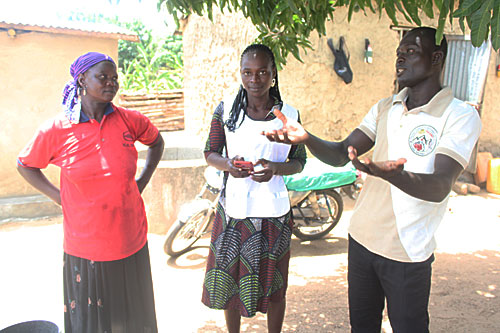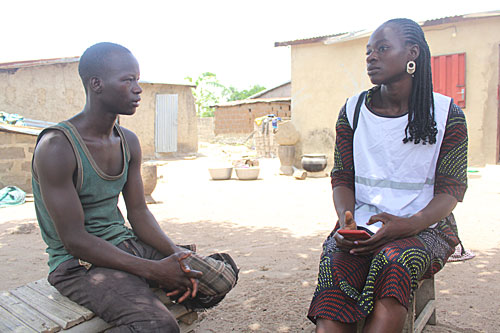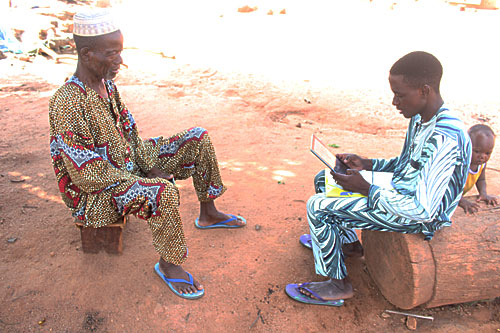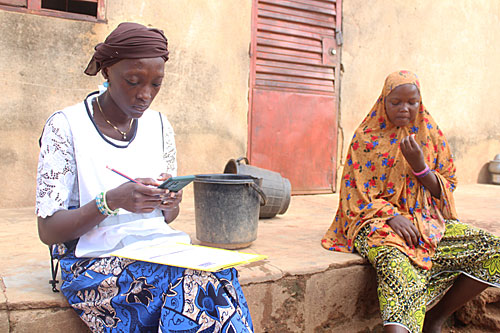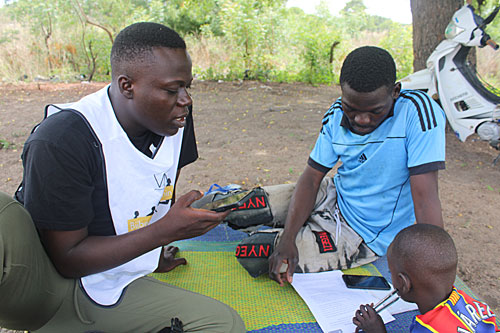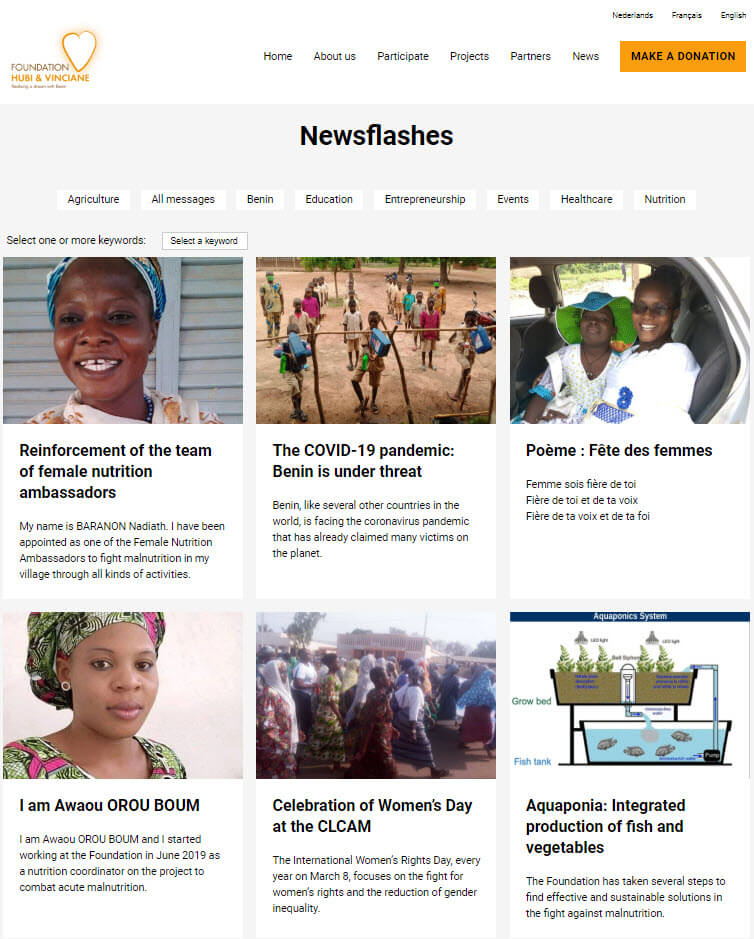Non-communicable diseases (NOAs)
The project
Children are not the only victims of malnutrition. Poor eating habits are often the cause of non-communicable diseases (NSAs or non-communicable diseases) such as diabetes and high blood pressure among youth, adults, and the elderly. In Benin, the prevalence of diabetes is increasing year after year and has already exceeded 5.1% by 2020. Hypertension affects nearly 30% of the population. In our area of operation, the prevalence of non-communicable diseases is very high. Moreover, the diseases are diagnosed late.
Objectives
To reduce the prevalence of non-communicable diseases (diabetes and hypertension) by promoting healthy lifestyles and earlier detection and follow-up.
Project description
Through various communication channels, we try to get people to change their behaviour: choosing healthy and balanced meals and exercising more. By supporting the creation of vegetable gardens, we ensure that fruits and vegetables – essential in the fight against NOAs – are available.
Our two nutritionists regularly conduct cooking workshops and information sessions in the villages. We also support the start-up of sports clubs and regularly organize events such as health walks that attract large crowds.
We are also committed to faster diagnosis and treatment of NOA’s. The project provides additional training for medical centre staff, and we are working with physician specialists for this purpose. They learn how to diagnose and recommend treatment using simple techniques. We also provide them with the necessary screening and treatment equipment.
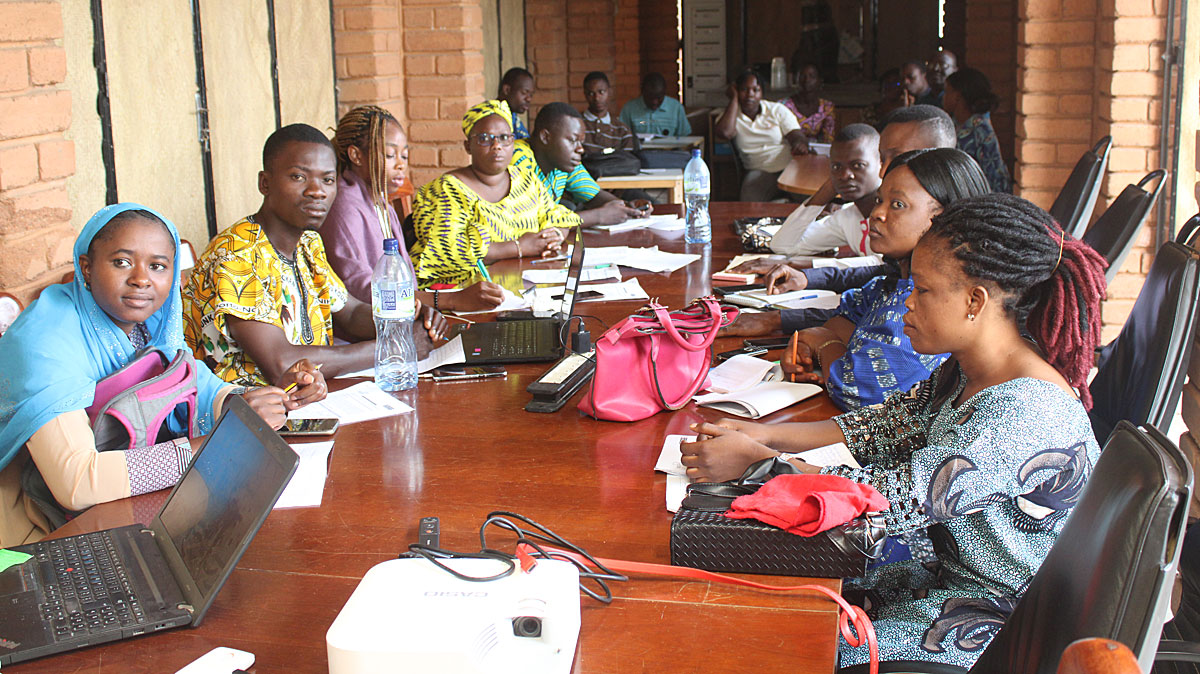
Results and developments
Thousands of people are reached directly through awareness campaigns and sports clubs. Since 2023, we have already been able to screen more than a thousand people in six villages. A fourth was found to be at high risk of diabetes, and just over a fourth had hypertension. Those people are now referred to medical centres, where they will be further helped and followed up. We have already been asked to roll out our NOA project in more villages.
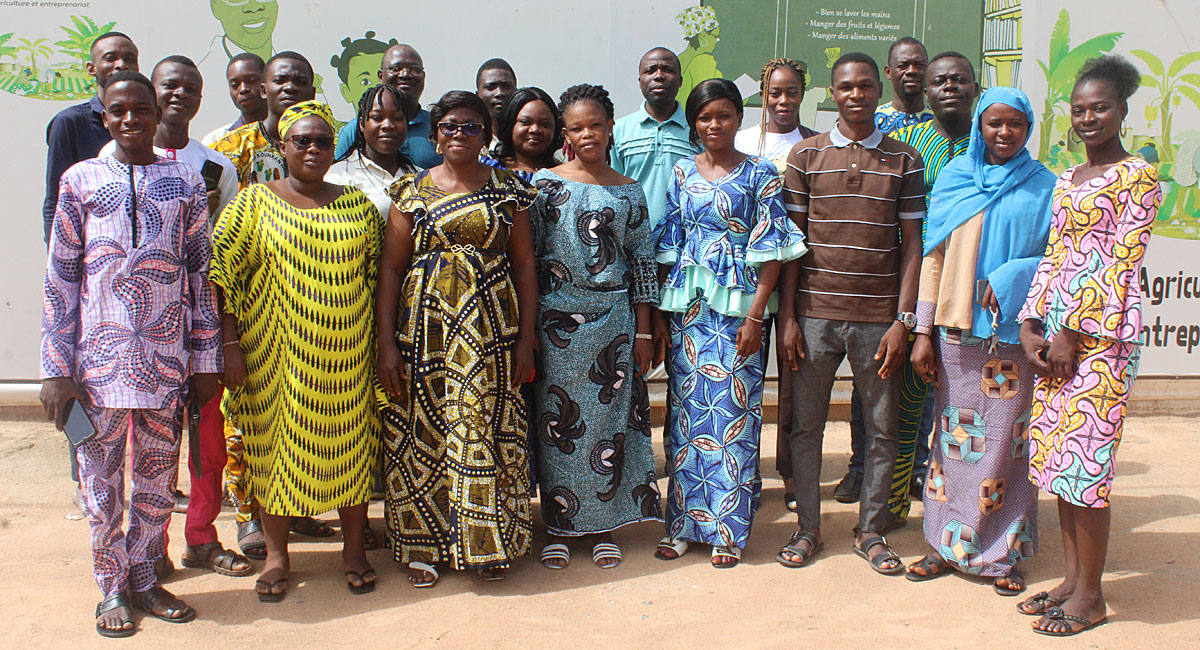
Photos during the field phase
